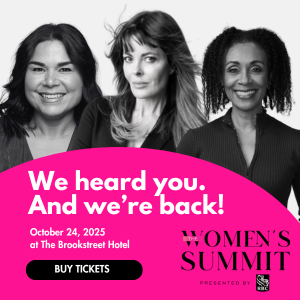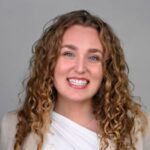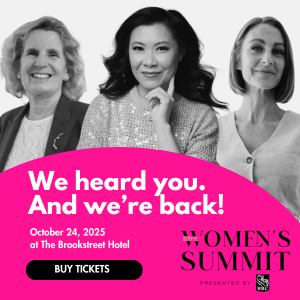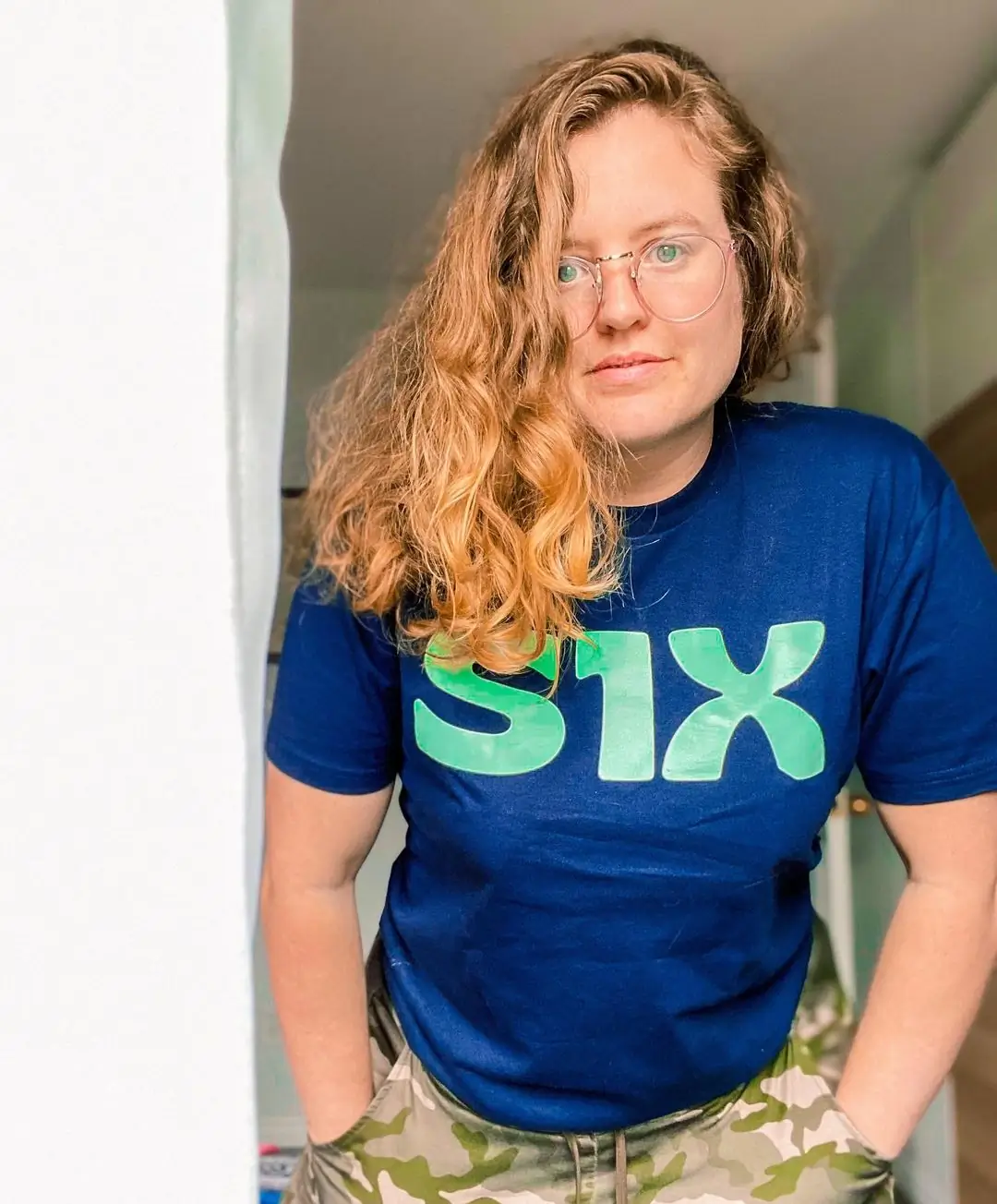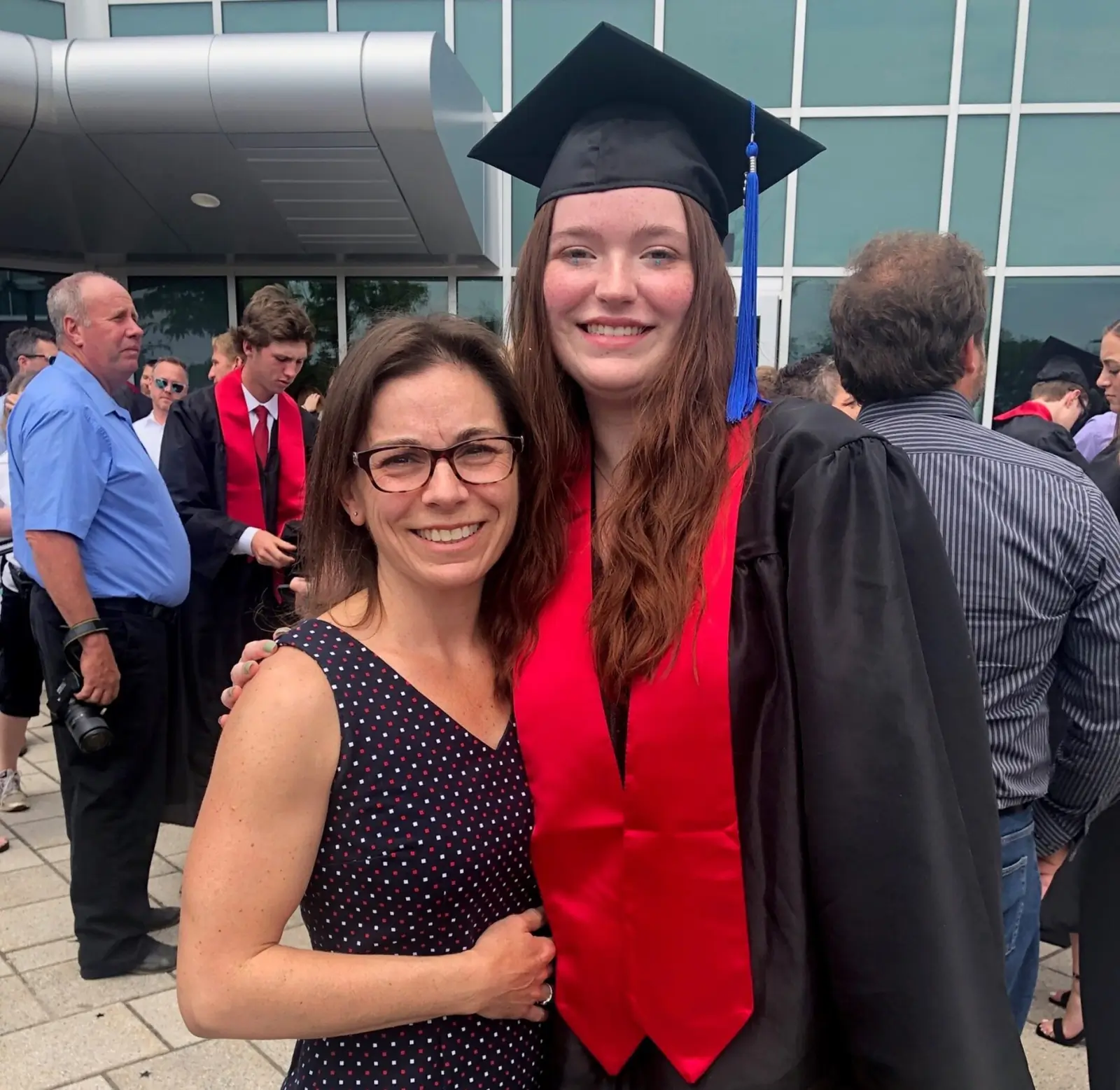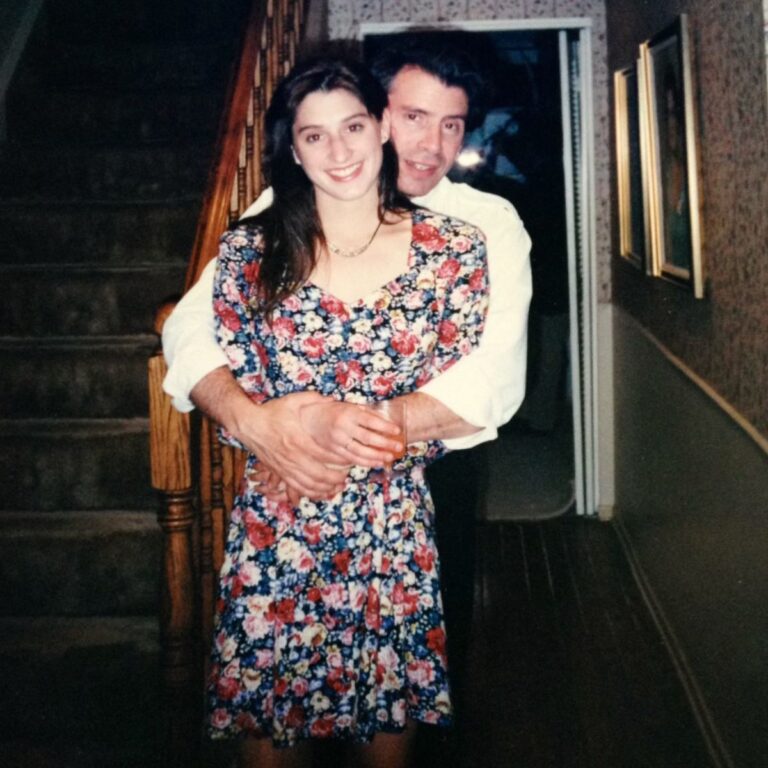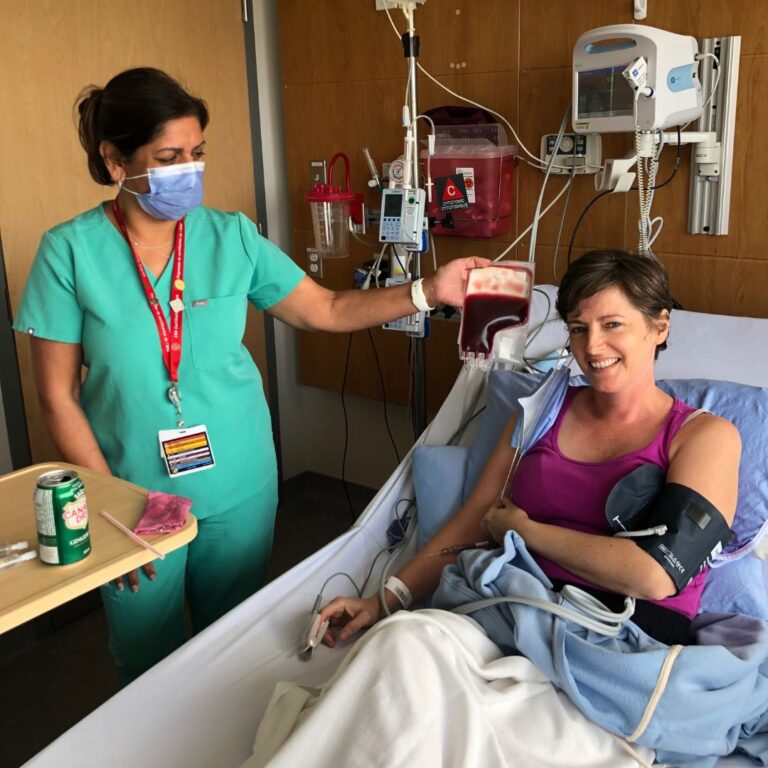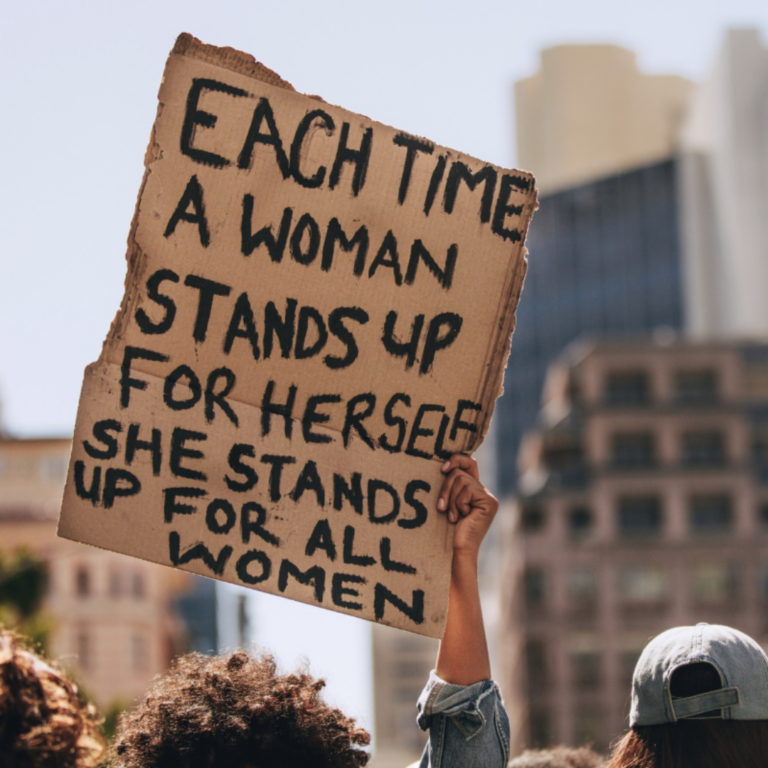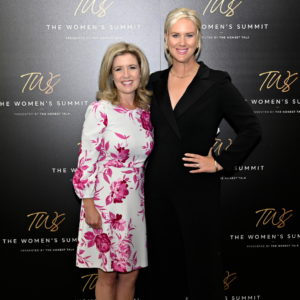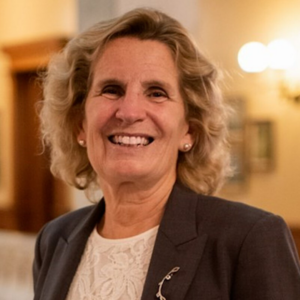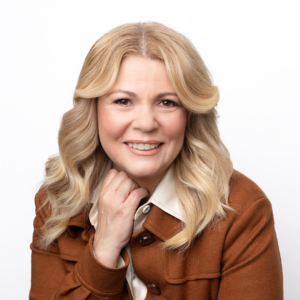Living with PCOS in my twenties
Health23.04.2025
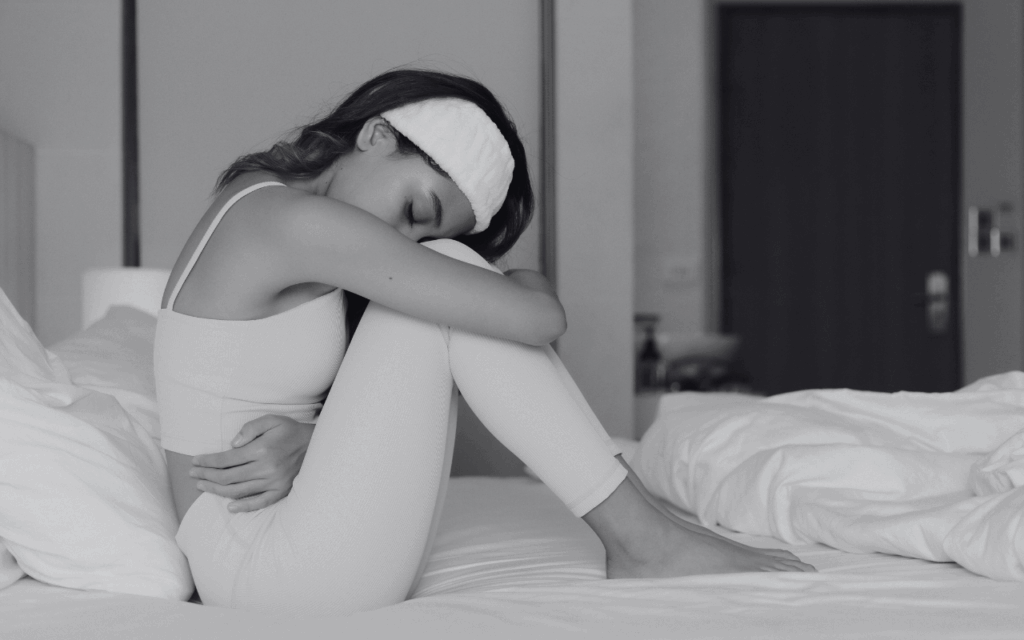
Polycystic Ovary Syndrome, better known as PCOS, is a condition that affects millions of women. Yet, so many of us feel like we’re navigating it alone – myself included.
It’s more than a hormonal imbalance or a checklist of symptoms. It’s an invisible, constant weight that affects your health, confidence, relationships, and how you move through the world.
I was diagnosed at 22. At the time, I didn’t fully understand what that diagnosis would mean for me, and frankly, I still don’t fully understand it. The name sounded clinical, almost harmless. But living with it? That’s become a whole different reality.
It’s the chin hairs I pluck in the mornings. It’s going 26 months without a period and being told that’s “normal” for some women. It’s being a retired NCAA scholar-athlete and suddenly struggling with weight or a moon face, no matter how many rides I crush on my Peloton. It’s the fatigue that hits out of nowhere. The random stress breakouts that make me feel like I’m 16 again. And it’s the quiet mental toll all of this takes.
Then there’s the silence.
I’m lucky to have an incredible doctor who listens, but I know that’s not the norm.
Too many women are dismissed and told to “just manage it.” We’re expected to keep pushing, to look a certain way, to reproduce on a set timeline, and to function at full speed, even when our bodies feel like they’re moving through molasses.
PCOS is personal. For some, it’s about fertility. For others, it’s metabolic. For many of us, it’s both. There have been days where I’ve felt completely betrayed by my body, like something inside me was broken beyond repair.
But here’s the truth: women with PCOS are not broken.
Living with PCOS has taught me how strong I am. It’s taught me to advocate for myself, to speak up when I’m not taken seriously, and to find community… even if that community comes in the form of TikTok videos from strangers who get it. It’s helped me learn to listen to my body instead of punishing it. And it’s redefined what “health” means for me: not a perfect hormone panel, but patience, compassion, and consistency.
There’s still so much work to be done since PCOS is one of the most common disorders among women of reproductive age. Yet, it remains underfunded, under-researched, and often misunderstood.
We need better education. Better treatment options. Better representation in conversations about women’s health.
So, if you’re living with PCOS, I see you. If you’re tired, frustrated, or confused, you are not alone Your experience is real. Your body deserves care and kindness. And when you’re ready, your voice can help others feel seen, too.
Because PCOS may be silent, but we don’t have to be.

